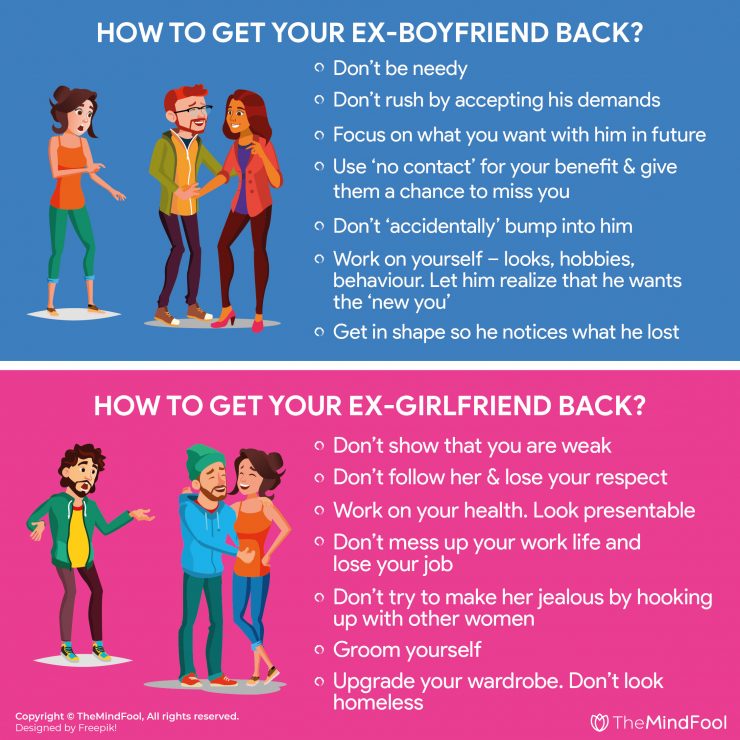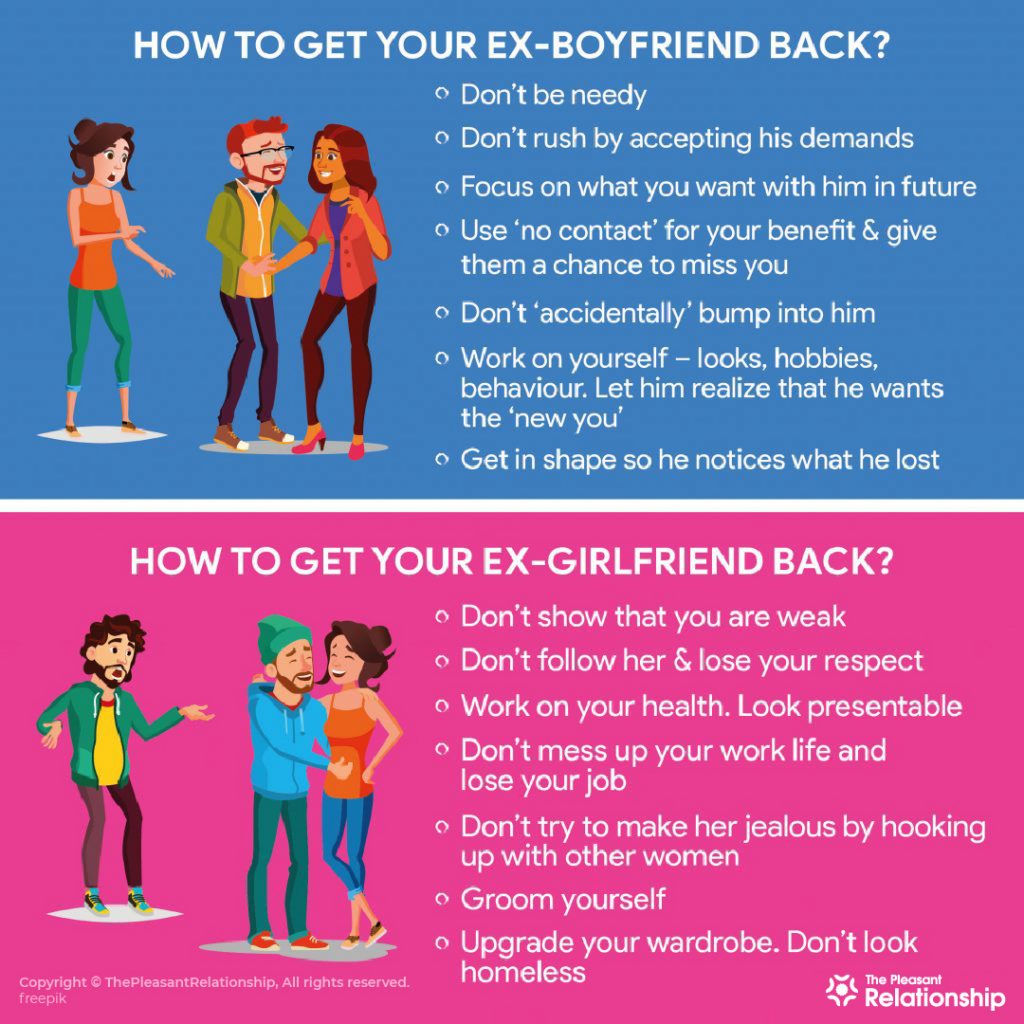The Paramount Importance of Authenticity in Approach: A Multifaceted Exploration
In an increasingly complex and interconnected world, characterized by rapid technological advancements and the pervasive influence of social media, the concept of authenticity has taken on a renewed significance. Across various spheres of human endeavor â€" from personal relationships to professional pursuits â€" the conscious and consistent demonstration of authenticity is no longer merely desirable; it is paramount for success, fulfillment, and genuine connection. This exploration delves into the multifaceted nature of authenticity, examining its crucial role in building trust, fostering genuine relationships, and achieving lasting success in diverse contexts.
Defining Authenticity: Beyond Superficiality
Authenticity, at its core, represents a congruence between one's internal values, beliefs, and actions. It signifies a steadfast commitment to living in accordance with one's true self, unburdened by the pressures of societal expectations or the allure of superficial presentations. This is not to advocate for a complete disregard for social graces or appropriate behavior; rather, it emphasizes the importance of aligning external actions with internal convictions. An authentic individual acts with integrity, transparency, and a genuine desire to connect with others on a meaningful level, unfiltered by contrived facades or manufactured personas.
The Dangers of Inauthenticity
The pursuit of inauthenticity, often driven by a desire for external validation or a fear of judgment, carries significant risks. Individuals who prioritize appearances over substance often find themselves trapped in a cycle of superficial relationships, lacking genuine connection and a sense of belonging. The constant effort to maintain a fabricated persona can be emotionally draining, leading to feelings of anxiety, stress, and ultimately, a profound sense of disconnect from oneself and the world. Furthermore, inauthenticity erodes trust, making it challenging to build meaningful relationships, both personally and professionally.
The Pillars of an Authentic Approach: Integrity, Transparency, and Vulnerability
Cultivating an authentic approach necessitates the conscious cultivation of several key pillars: integrity, transparency, and vulnerability. These intertwined qualities form the foundation upon which genuine connections are built and lasting success is achieved.
Integrity: The Cornerstone of Trust
Integrity represents the unwavering adherence to one's moral and ethical principles. An individual of integrity acts consistently in accordance with their values, even when faced with difficult choices or tempting compromises. This consistency fosters trust, as others can rely on the predictability and dependability of their actions. In the professional realm, integrity is essential for building strong client relationships, fostering a positive work environment, and maintaining a reputation of excellence. A lack of integrity, on the other hand, can lead to significant reputational damage and erode trust, making it challenging to achieve long-term success.
Transparency: Fostering Open Communication and Understanding
Transparency involves open and honest communication, readily sharing relevant information and acknowledging both successes and shortcomings. It creates a climate of trust and mutual understanding, allowing for more effective collaboration and problem-solving. In personal relationships, transparency builds intimacy and strengthens bonds. In professional settings, it fosters a culture of accountability and promotes better decision-making. Avoiding transparency, conversely, breeds suspicion and distrust, hindering effective collaboration and ultimately undermining success.
Vulnerability: Embracing Imperfection and Fostering Connection
Vulnerability, often mistakenly perceived as weakness, is actually a crucial component of authenticity. It entails embracing imperfections, acknowledging insecurities, and sharing one's true emotions and experiences. This willingness to be open and honest, despite the inherent risks, fosters genuine connection and deepens relationships. In the workplace, vulnerability can promote a more empathetic and supportive environment, facilitating collaboration and problem-solving. The fear of vulnerability, conversely, can lead to isolation and hinder the development of meaningful relationships.
Authenticity in Diverse Contexts: From Personal Relationships to Professional Success
The importance of authenticity extends across a wide spectrum of human experiences, profoundly impacting personal relationships, professional pursuits, and even leadership styles.
Authenticity in Personal Relationships
In personal relationships, authenticity is the bedrock of trust and intimacy. Open communication, honest self-expression, and a willingness to be vulnerable are crucial for building strong and lasting connections. Hiding one's true self, or attempting to conform to unrealistic expectations, can lead to feelings of isolation, dissatisfaction, and ultimately, the breakdown of relationships.
Authenticity in Professional Settings
In the professional world, authenticity translates to integrity, transparency, and a genuine commitment to one's work and colleagues. Authentic leaders inspire trust and foster a positive work environment. They communicate openly and honestly, acknowledge mistakes, and encourage collaboration. Employees who are encouraged to be their authentic selves are more engaged, productive, and loyal. Organizations that value authenticity cultivate a culture of trust, innovation, and overall success.
Authenticity in Leadership
Authentic leadership is characterized by a deep understanding of oneself, a strong ethical compass, and a genuine commitment to the well-being of others. Authentic leaders inspire trust and loyalty by acting consistently with their values, communicating openly and honestly, and fostering a culture of mutual respect. They demonstrate empathy, vulnerability, and a willingness to learn from their mistakes. This style of leadership fosters a positive and productive work environment, contributing significantly to organizational success and employee satisfaction.
Cultivating Authenticity: A Journey of Self-Discovery
Developing an authentic approach is not a passive process; it requires conscious effort, self-reflection, and a commitment to personal growth. It involves:
- Self-awareness: Understanding one's values, beliefs, strengths, and weaknesses.
- Self-acceptance: Embracing imperfections and acknowledging insecurities.
- Mindfulness: Paying attention to one's thoughts, feelings, and actions.
- Courage: Being willing to be vulnerable and express one's true self, even when it's challenging.
- Continuous learning: Constantly seeking opportunities for growth and self-improvement.
In conclusion, the importance of authenticity cannot be overstated. It is a crucial ingredient for building strong relationships, fostering trust, and achieving lasting success in all aspects of life. By cultivating integrity, transparency, and vulnerability, individuals can unlock their full potential and live a more fulfilling and meaningful existence. The journey towards authenticity is a continuous process of self-discovery and growth, but the rewards are immeasurable.















